Home Remedies for a Cat's Runny Nose (That ACTUALLY Work)
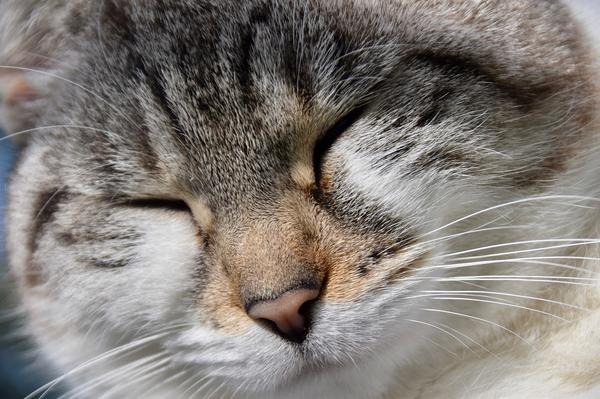
Do you hear that?
The sound of your cat's sniffles that echo through your home. 🐱
The constant symphony of nose-blowing and sneezing.
The worry that hangs in the air like a lingering scent.
But don't worry, my friend, there may be a remedy to clear the air for your furry companion.
Keep reading and discover the secrets to soothing your cat's runny nose.
Home Remedies for Cat Sneezing and Runny Nose
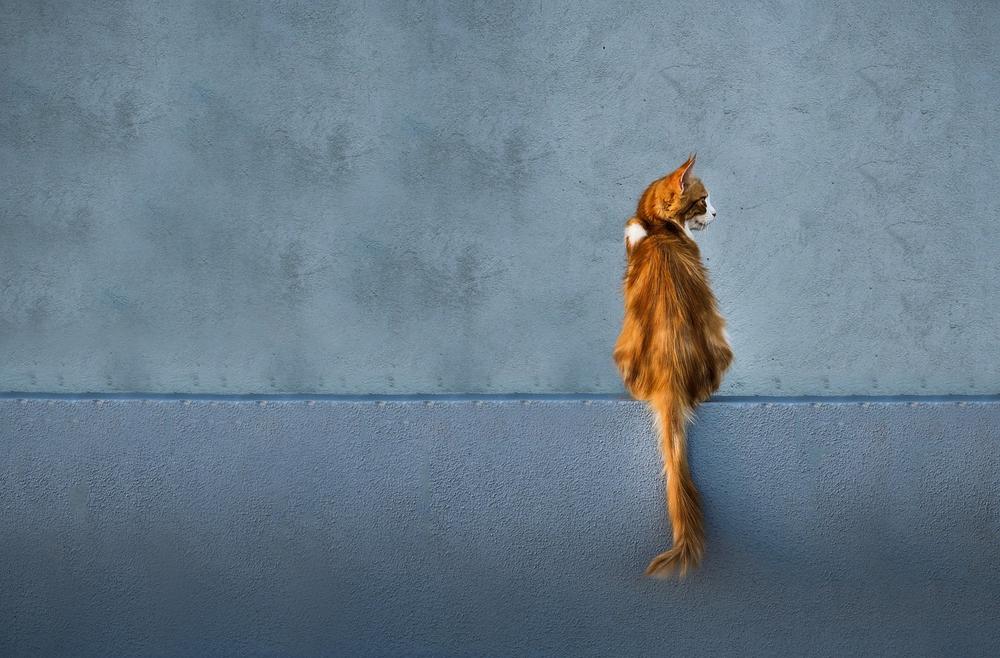
If your cat is sneezing and has a runny nose, here are 11 home remedies that can help you out:
- Use saline nasal spray to clear up congestion and make breathing easier.
- Keep your cat in a humid environment to soothe their irritated nose.
- Rub petroleum jelly on their nose to prevent dryness and cracking.
- Try Afrin Children's Strength Nose Drops (one drop per nostril) for five to seven days.
- Put your furry friend near steam from a hot shower or in a room with a vaporizer to relieve their symptoms.
- Give them vitamin C supplements to strengthen their immune system.
- Gently wipe away any discharge with a warm towel.
- Transform your bathroom into a steamy retreat for some much-needed steam therapy.
- Make sure their bedding is clean and cozy for maximum comfort.
- Offer plenty of fresh water to keep them hydrated throughout the day.
- If they have a decreased appetite, consider providing soft food options.
However, you should consult your veterinarian to get an accurate diagnosis and explore appropriate treatment options.
Main points I'll expand upon further down this article:
- Vaccines are important for preventing feline herpesvirus and calicivirus.
- Clean your cat's runny nose with a moist cotton ball.
- Use a humidifier to relieve airway irritation.
- Provide a warm and comfortable resting place for your cat.
- Offer fluids like water and warmed chicken broth to keep your cat hydrated.
- Monitor your cat's behavior, appetite, energy levels, and signs of discomfort.
- Maintain a clean living environment to prevent a cat's runny nose.
- Watch for symptoms like coughing, sneezing, and discharge from the eyes or nose.
- Seek veterinary attention for severe symptoms or persistent runny nose.
- Recovery and management of cat colds may require professional care.
But that's not all!
Prevention and Care for a Cat With Runny Nose
Regular cleaning and sanitization for a healthy cat
If you want to keep your kitty in good health, you must clean and sanitize all the surfaces they come into contact with regularly. That includes their bed, litter box, and toys.
By doing so, you are taking proactive steps to minimize the risk of infections that can cause runny noses.
Vaccines as a preventive measure
To protect your feline friend from common viruses that lead to runny noses, make sure you keep their vaccinations up to date.
Core vaccines like FCV (feline calicivirus) and FHV-1 (feline herpesvirus) are essential.
By ensuring your furry companion is vaccinated, you significantly reduce their chances of catching these respiratory infections.
Caring for a cat with a runny nose
If your cat already has a runny nose, let me tell you how to provide them with proper care. To clean their nose gently, use a slightly moistened cotton ball or clean cloth if the mucus has dried and become crusty.
Be gentle to avoid discomfort.
If you notice your cat seems bothered by airway irritation, you can try using a humidifier to add moisture to the air around them.
While your furball is dealing with a cold, ensure they have a warm and cozy resting place. You can use a heating pad on its lowest setting, covered with a towel.
Just be sure to leave enough space for your cat to move away if it gets too warm.
Observe your cat's behavior, appetite, energy levels, and signs of discomfort attentively during this time.
Also, offer plenty of fluids such as clean water and warmed chicken broth to keep them hydrated.
By following these tips, you can take great care of your cat with a runny nose and help them recover quickly.
And don't forget, prevention is key!
Always maintain a clean living environment, keep those vaccinations up to date, and promptly address any respiratory issues to prevent runny noses in the first place.
Now that you know how to prevent and care for a cat with a runny nose, let's talk about the warning signs you should watch out for.
Discharge, sneezing, and fever?
Find out what they may indicate!
Symptoms of Cat Colds
Cat colds have noticeable symptoms.
Watch out for these things:
- If your cat sneezes frequently or loudly, it could mean a more serious issue with their breathing.
- Look for signs such as coughing, discharge from the eyes or nose, lethargy, and fever.
- If your cat has yellow-green discharge, it means they're really congested.
- Feline calicivirus causes similar symptoms to feline herpesvirus.
- Be aware of warning signs like a runny nose, eye discharge, mild fever, and sneezing, which could indicate an upper respiratory infection.
- Too much mucus leads to a dripping nose, but clear nasal discharge is caused by allergens and goes away when you remove the allergen.
- A constantly running nose might be a sign of tumors, polyps, or infections.
- Yellow or green discharge may suggest an infection from head trauma or inhaling a foreign object.
- If your cat is sneezing with a runny nose, it's best to bring them to the vet for possible underlying health issues.
Keep an eye on your cat's symptoms and talk to a vet if you're worried. 😺
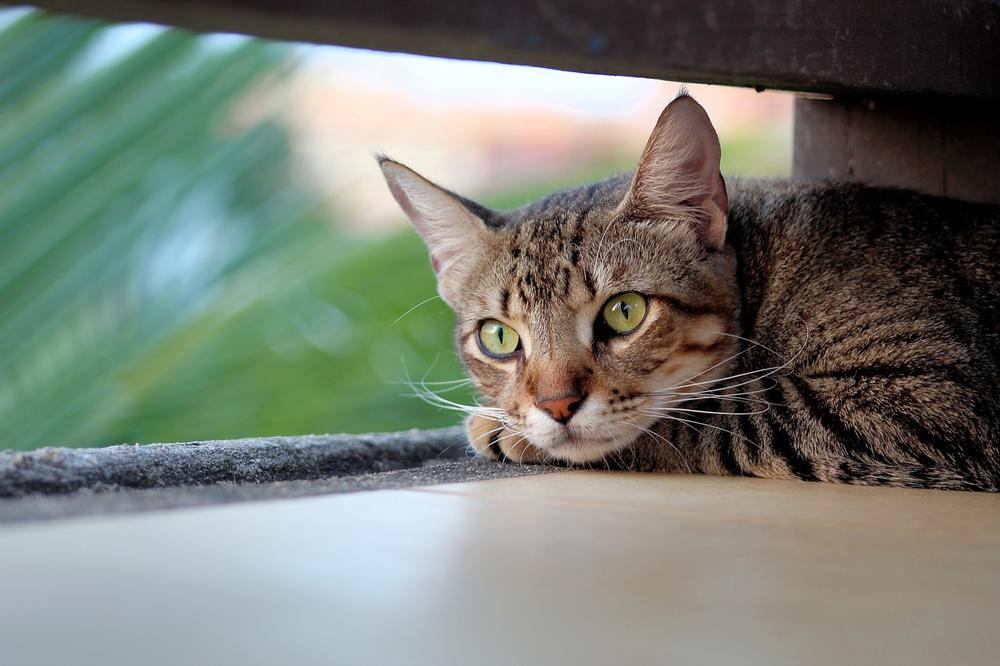
And if you're concerned about your cat's sneezing and runny nose, I want to reassure you that help is available.
In cases where you suspect a more serious issue like a nosebleed, I advise you to explore my article on Why Is My Cats Nose Bleeding.
This guide provides valuable insights into the causes and treatments for cat nosebleeds, giving you the information you need to address any worries or questions you may have I encourage you to click the link and discover for yourself.
Causes of Cat Colds
| Causes of Cat Colds | Additional Information |
|---|---|
| Viruses (e.g. feline herpesvirus, feline calicivirus) | These viruses are highly contagious and can spread easily among cats. Vaccination can help prevent these infections. |
| Allergies | Cats can develop allergies to various substances such as pollen or dust mites. Identifying and avoiding triggers is key. |
| Infections | Bacterial or other types of infections can contribute to cold symptoms. Prompt veterinary care may be necessary. |
| Irritants | Exposure to irritants like strong fragrances or cleaners can aggravate a cat's respiratory system. Keep the air clean. |
| Cigarette Smoke | Smoking can worsen cold symptoms in cats and cause additional respiratory distress. Keep cats away from smoke. |
Cat colds can be caused by a variety of factors.
So, let's get straight to the point and talk about how you can help your cat with its runny nose.
First things first, if you want to treat your cat's runny nose at home, there's something you need to do:
Don't expose your cat to cigarette smoke.
Just like with humans, that stuff can irritate their respiratory system and make their cold symptoms worse. So, keep your home smoke-free!
Now, here's something interesting - cats can catch a common cold caused by a virus, just like us.
The two most common viruses responsible for cat colds are feline herpesvirus and feline calicivirus.
But guess what?
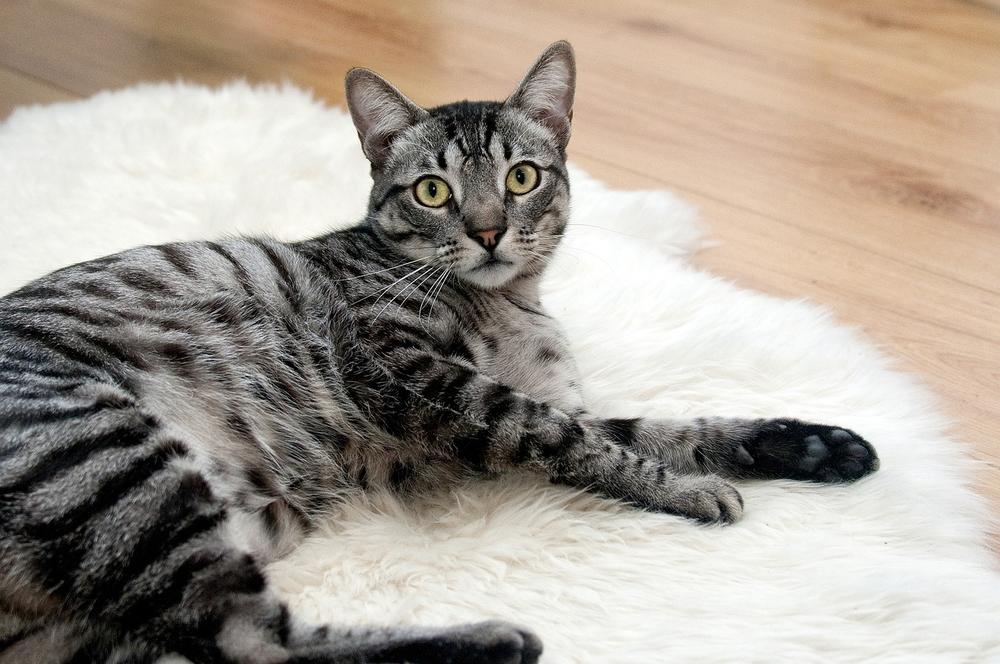
These viruses are specific to cats and not contagious to people. So no worries about catching a cat cold yourself!
However, these viruses are highly contagious among cats, especially young cats or those living with other cats. They can stick around in their systems for life, causing all sorts of trouble.
So, you need to keep an eye out for potential sources of infection.
But wait, there's more!
Cat runny noses can also be triggered by allergies, infections, and irritants. Take a look around your home and see if there are any possible allergens or irritants that might be making your cat's cold symptoms worse.
Keeping your cat healthy and comfortable requires you to take proactive measures and give them the care they need.
Don't procrastinate when it comes to helping your furry friend feel better.
And most importantly, if you're wondering why your cat's nose is crusty and black, I have the answer for you.
In my blog post Why Is My Cats Nose Crusty and Black, I share the possible reasons and solutions for this concerning issue.
Don't worry, I've got you covered!
Recovery and Management of Cat Colds
Here's what you need to know about recovering and managing cat colds:
- Watch your cat closely for symptoms like a runny nose, eye discharge, coughing, weight loss, bloody discharge, extreme tiredness, or difficulty breathing.
- If the symptoms get worse or last for a week, don't hesitate to get veterinary advice right away. It could be something more serious like a bacterial infection or pneumonia.
- For mild cases, you can treat your cat at home with lysine, which helps reduce symptoms caused by the herpesvirus.
- Make sure your cat stays hydrated by giving them wet food or adding water to their dry kibble.
- During their recovery, it's important to create a stress-free environment for your cat. You can try using steam therapy or a humidifier to ease any nasal congestion.
- To boost their appetite, feed your cat foods with strong smells that they enjoy.
Never underestimate the importance of professional veterinary care for your cat's health.
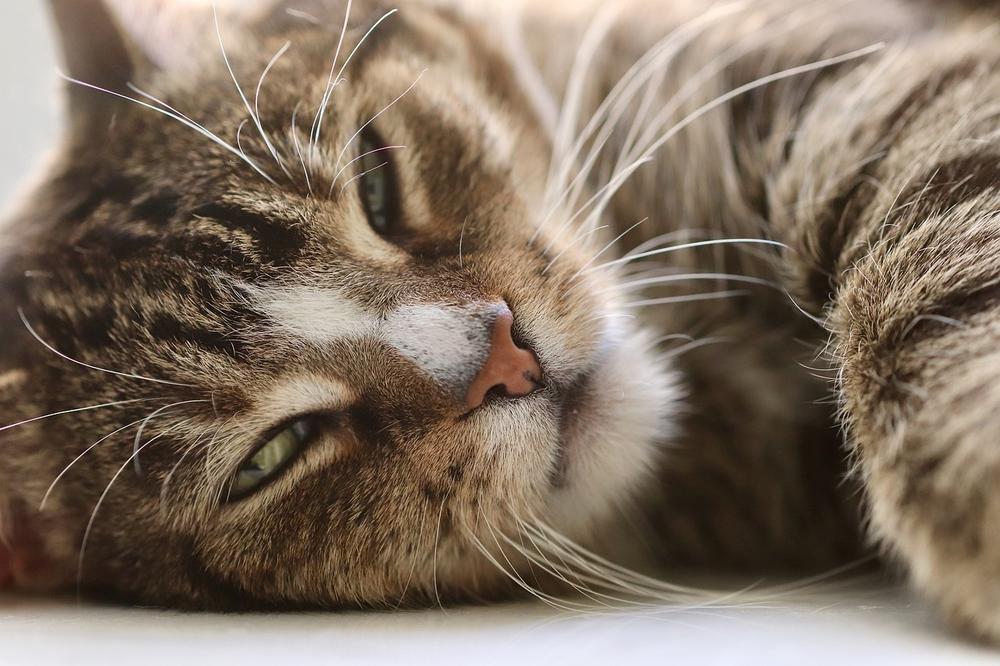
And it gets more fascinating...
Did you know that taking your cat's temperature at home can be a helpful indicator of their health?
In the next section, we'll explore the importance of monitoring your cat's temperature and how veterinary examination and diagnostic tests can play a crucial role in assessing complications of cat colds...
How Vets Diagnose Cat Colds
Taking your cat's temperature at home is a useful way to monitor for fever, an important symptom that you should share with your vet. If your cat has cold-like symptoms, it might be necessary to have them examined by a veterinarian.
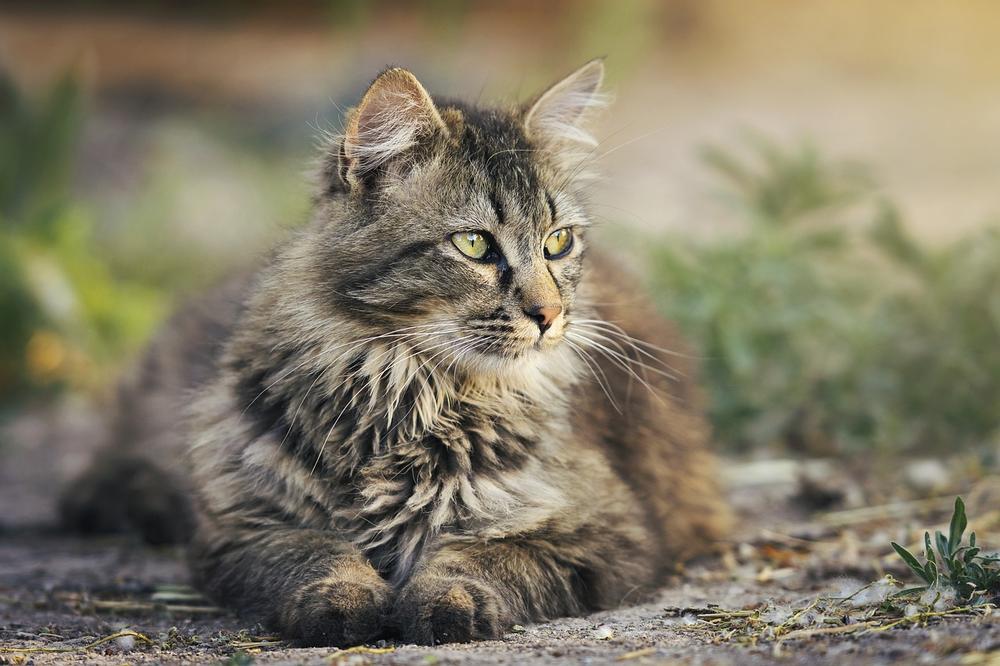
To determine the underlying cause of your cat's cold, the vet will conduct a physical examination and analyze any nasal discharge.
Sometimes, blood tests may also be required to make a proper diagnosis.
Monitoring your cat's temperature and seeking veterinary help when needed can help ensure their health and wellbeing.
And that wraps up today's article.
Before you leave, can I ask you something? Did you find my blog post useful? If it was helpful for you, I would genuinely appreciate it if you could share it with your friends and family. You just need to click on any of the social media sharing icons to share it immediately. Thank you!
Talk soon,
-Sarah Davis